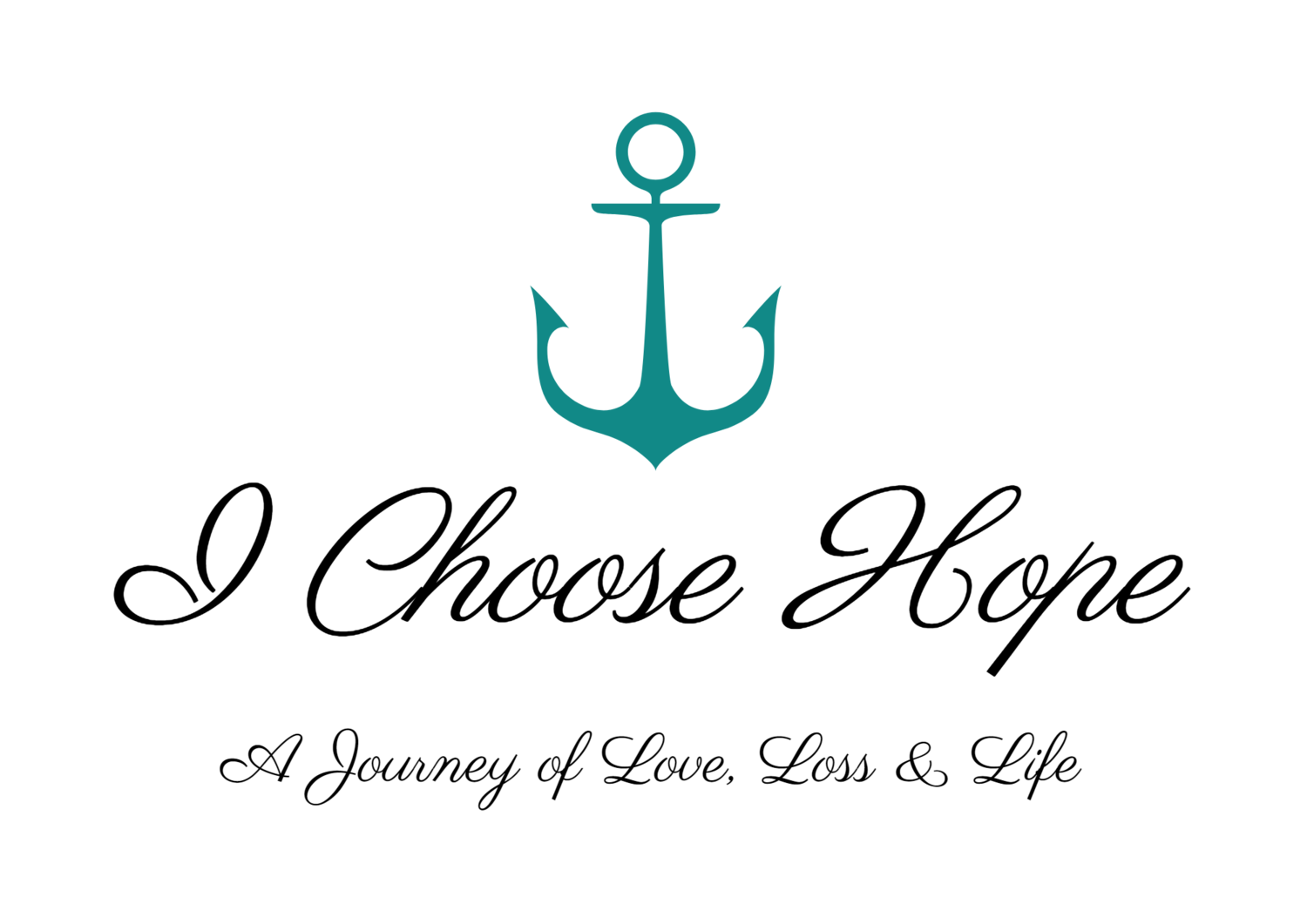If the most precious gift we have is time—
Why would we want to kill it?
-Ben Sasse-
I vividly remember getting ready for bed late one night years ago in Houston as Nathan pounded steadily away on his laptop, working on a dashboard he was creating in his “off hours” for Literacy Advance, the nonprofit whose board he had joined as a volunteer earlier that year. Finally, at my urging, he reluctantly powered down the laptop and called it a night.
“Why do people have to sleep?” he groaned as he flopped on the bed beside me. “It’s such a waste of time. We could accomplish so much more in life if we just stayed awake!”
I remember being amazed at his tenacity. After a long day of work I was more than ready to snuggle down in my cozy bed and surrender consciousness to blissful hours of sleep. But to Nathan, coming home from work was just the beginning of a long evening of tasks he was passionate about and couldn’t wait to start.
My conviction that Nathan was truly one of a kind in this regard has only grown in the years since he’s been gone. Our generation is increasingly obsessed with all manner of time-killers, particularly in the electronic form. Netflix binging, games, social media, and communication forms of all kinds steal our time in staggering amounts. A personal example is the book list I made at the beginning of 2018. I excitedly chose 12 books of different genres and posted a photo, vowing to read a book a month and write a book review so I didn’t promptly forget what I’d read. To my utter chagrin I finished a total of three books and only wrote reviews on two. To be fair, I listened to other books on Audible and read many chapter books with Elissa – but I am haunted by the nine books on my list that never even got cracked open last year. What stole the time that I should have devoted to reading and digesting those books?
If I am honest, it was the mindless rut that I fell into every evening after Elissa was in bed. Exhausted from a day of parenting struggles, homeschooling, traveling, home projects, and all manner of other things, I’d reason that I owed it to myself to relax, to chill – i.e. to veg on my phone while the evening slipped away from me. The inevitable result was that I never felt rested and invigorated by that time spent on my phone. Instead I was always shocked to realize what time it was. I felt robbed of those minutes that I’d had such high hopes for; they were stolen from me. They were wasted.
Our phones are addicting, and have been ingeniously engineered to meet our specific habits and preferences in such a tailor-made way that they become indispensable to living. The average American checks their phone every 4 minutes, and if you’re like me, “checking my phone” can quickly turn into chasing a rabbit trail that spirals out of control – clicking this link, reading that article, scrolling those photos – and before I know it 20 minutes have been lost forever.
If I’m going to break the hold that media has on me, I need to be smarter than my smartphone. I need to take a careful look at my electronic habits, anticipate the moments when I’m tired or stressed and most susceptible to distraction, and set myself up for success. This might mean keeping my phone in my bedroom, silencing my notifications so that I’m only alerted to phone calls (this was the original purpose of a phone anyhow, and if the need is urgent people can call!), designating 5-10 minutes each day to catch up on social media (because guaranteed, nothing has happened in a day that deserves more than 5-10 minutes of my time), and keeping books strategically around the house where I can pick them up and read a few pages instead of scrolling through Facebook and Instagram.
As Ben Sasse so insightfully points out in The Vanishing American Adult, time has historically been our most valuable resource, and this generation is obsessed to an unprecedented degree with wasting it. Tellingly, we call the hugely popular pastime of binge drinking "getting wasted” because, not only are you good for nothing when you are blackout drunk, but the hangover the next day is time wasted and never recovered. Drinking isn’t just a waste of time – but of faculties, resources, and good judgment. It can and does result in the waste of lives. My husband – who lived each moment with incredible purpose and insatiable drive – was killed by a young woman almost lethally drunk. Not only did she waste her own life and leave her daughter an orphan, she stole the resources and potential of a new father with a family and unbelievably bright future ahead of him. It is tragic that these losses are commonplace. Our generation is in bondage to wasted lives and the terrible consequences that often result. Losing my husband at 26 has forced me to ask the question: what is more tragic? A short, full life lived to the hilt, or a long, empty life wiled away in meaningless past times?
Given my track record from last year, I’m a bit wary of setting concrete goals for myself this year. Instead, I am dedicated to creating habits that will breed lasting change. I’m sending them out into the cybersphere so that I have no excuse not to live up to them. Firstly, I vow to go to bed on time so that I can get up early in the mornings and write – something that I am deeply passionate about. Second, I vow to beat my smartphone at its own game by relegating it to another room and only engaging when it can be of some use to me. Third, I vow to fill my days with meaningful thought, work, play, and learning so that the downtime doesn’t encroach on my personal goals and development. I vow to be present for my daughter in her formative moments, leaving her a legacy of meaningful relationship – never that she had to compete with a beeping screen for my attention.
What are your goals for this year? Leave a comment below, and let’s be a community that spurs each other on in not wasting our lives.


